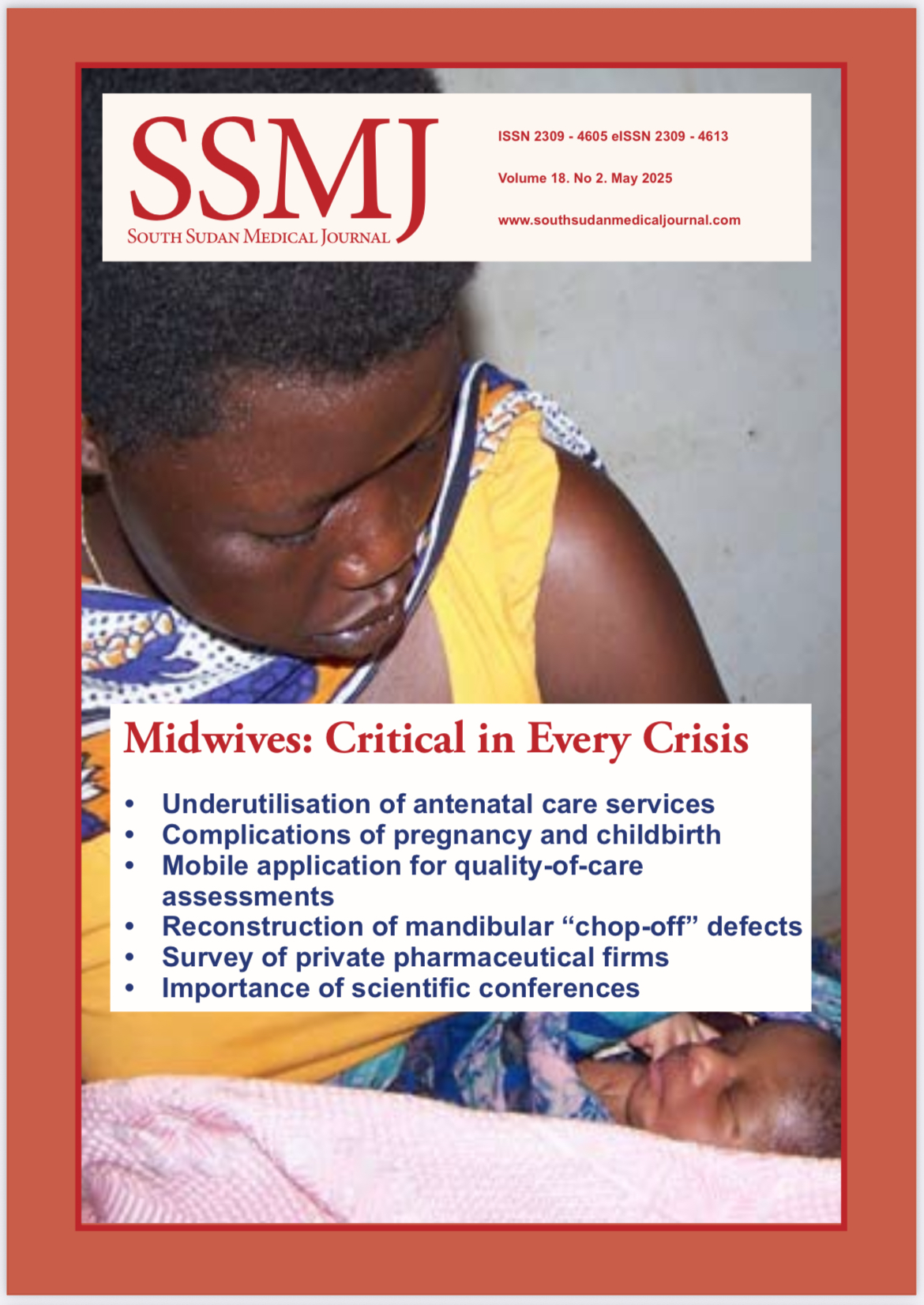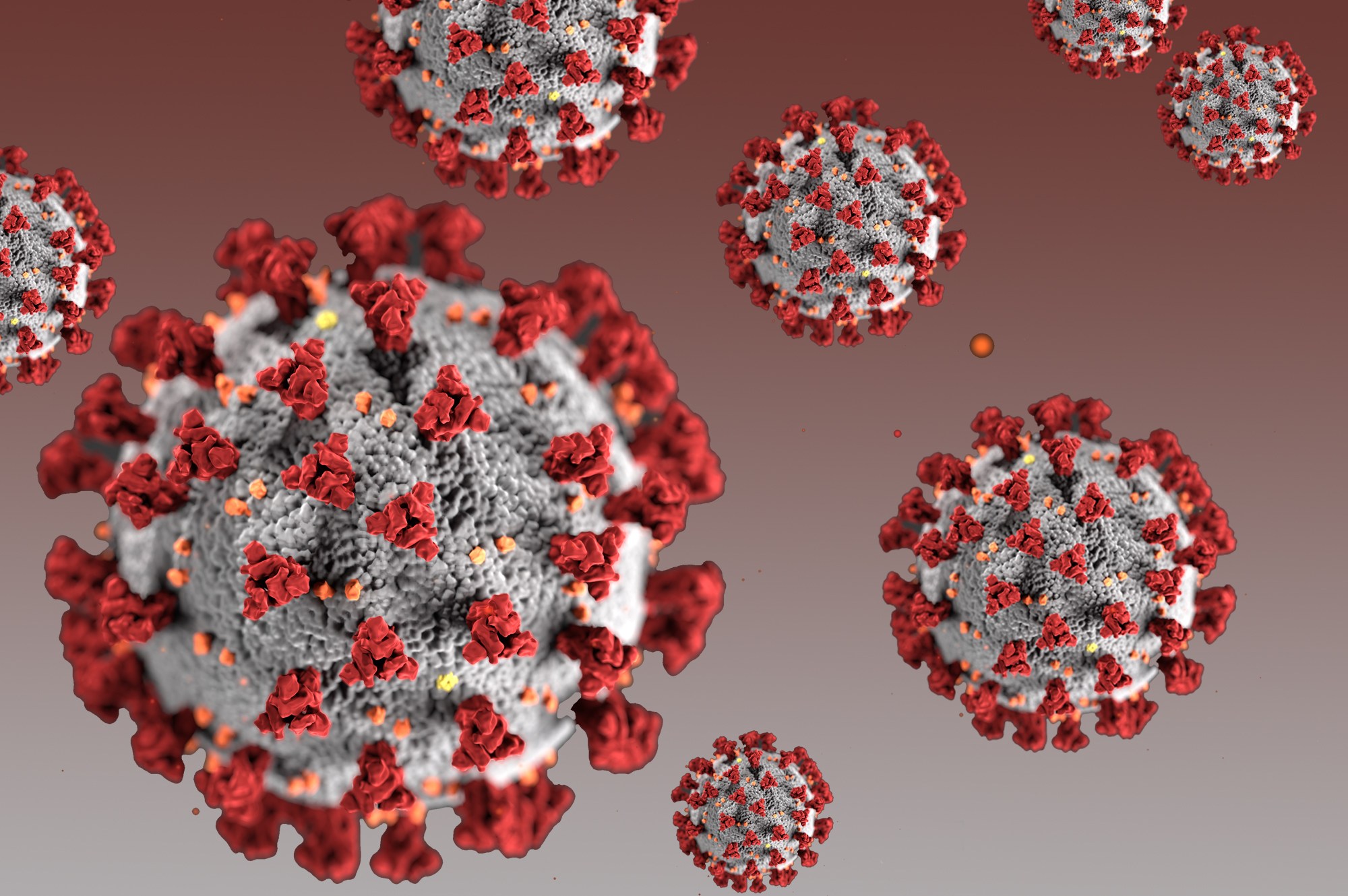The South Sudan Medical Journal exists to inform, educate and positively influence the development of Health Services in South Sudan.
The Journal is published quarterly in February, May, August and November.
The SSMJ is licensed under a
Creative Commons Attribution-NonCommercial 4.0 International License
eISSN 2309-4613
SSMJ is listed on the African Journals Online (AJOL) and Directory of Open Access Journals (DOAJ). Visit these sites to learn more.
Mailing List
Join our mailing list to receive timely notifications of our quarterly issues and other communications.
SSMJ New Email Address:
Latest Issue:
Vol 18. No 2. May 2025

EDITORIAL
Midwives: Critical in Every Crisis
Edward Kenyi
Established in 1992 by the International Confederation of Midwives (ICM), the world celebrates the International Day of the Midwife (IDM) on 5 May yearly to celebrate and raise awareness about the midwifery profession. This year’s theme is “Midwives: Critical in Every Crisis.”
In many countries, midwives are the first contact a pregnant woman makes for antenatal care. Midwives are critical in identifying, preventing, and/or managing and referring complications or problems as they arise, as well as delivering the baby and providing postnatal care for the mother and newborn. Early identification of complications ensures early intervention by skilled medical providers to prevent maternal morbidity and mortality.
COVID-19 RESOURCE CENTRE
South Sudan COVID-19 Statistics
Visit the Ministry of Health COVID-19 site here
South Sudan Health News
Gov’t commits SSP1 billion to combat cholera outbreak
14 January 2025
The Ministry of Finance and Planning has allocated SSP1 billion to combat cholera outbreak in South Sudan.
The Undersecretary of the Ministry of Health, Dr Harriet Pasquale Akello, told Radio Tamazuj on Tuesday said the fund would support cholera infection prevention and control activities.
“The money is actually meant to support all the response pillars for cholera. We have almost 10 pillars, including coordination, support for epi surveillance and lab. It will support water, hygiene and sanitation activities, risk communication activities, case management, that is treatment centers,” Akello said.
She said the funds would support various responses and cholera-related initiatives both at national and local levels.
“It will also support infection prevention and control activities. However, we have a very clear budget line for each activity. We are not only supporting activities at the national level, but our main focus is to ensure that the money goes down to support all the state response activities,” she said.

